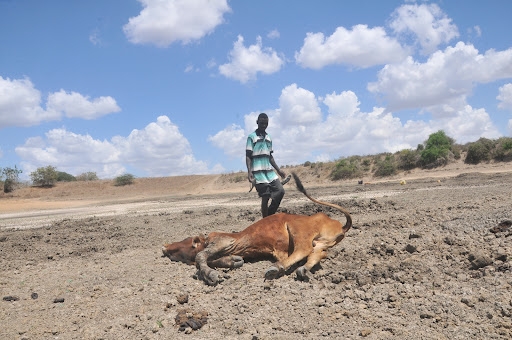Insights often come from the most unexpected sources.
My example here is from a conversation I had with a security guard quite a few years ago, during which he complained about just how difficult it was to make ends meet.
I was only half-listening, as I was really waiting to hear if he intended to ask me for money, and I was already preparing my response (Something like, “I am also very short of money at present, but if this Sh100 can help you, then I am glad to give it to you”).
But then he went on to say something that really surprised me: In the middle of all those complaints, he declared, “If it had not been for the rent I collect from my flat in Kibera, my children would not be in school today.”
This example (which I was to later use as something of a case study, when giving lectures on “African politics,” mostly at college campuses) requires a little explanation.
Back when he was the Prime Minister, and the MP for Kibra, opposition leader, Raila Odinga, initiated a project to provide “modern housing” for the residents of the Kibra slum, where most of his voters lived.
Several blocks of modern apartments were built, and applicants who had been selected — reportedly by some fair criteria — eventually moved in. I never quite understood how exactly such poor people were able to put up a deposit for such nice flats. Perhaps the whole point was that no such deposit was required.
But at all events, this project was a major public relations coup for the Prime Minister, and he added to the drama of it all by personally turning up in Kibera to help the lucky families load their modest pieces of furniture onto provided transport, to take them to their new residence.
And this initial group of beneficiaries were supposed to be just the beginning. Apparently, the vast Kibera slum had enough room for everyone who lived there to occupy a more dignified house, if only the mud-walled, unsanitary rooms they lived in were demolished to make room for modern, multistorey apartments.
But back to the security guard, in response to my questions, he explained that he had been allocated one of those new apartments; but then after making a show of moving in, he had rented it out to, not one, but two families, who paid him rent.
He had continued to live in the mud-walled shack he had long grown accustomed to. And the rental income had helped him pay his children’s school fees.
I suppose I should not have been so surprised at this revelation, as I had seen this kind of thing before. In Mombasa, back in the 1970s, an enlightened and farsighted management at the Kenya Ports Authority, demolished their colonial-era “native housing estates” and built modern flats for their staff. And a good many of these employees found the three and four-bedroomed units that were made available to them as staff housing to be surplus to their needs, and promptly rented out a room or two.
What struck me as amazing, all the same, was that this security guard saw the new apartment allocated to him, not as a chance to move into a better house, but rather as an economic opportunity: A chance to make more money.
And there is a greater point to all this.
Ever since Kenya returned to multiparty politics, virtually every incoming administration vows to provide “decent housing” – of course along with affordable medical care and free education.
But this security guard, for example, had no hesitation in opting to continue living in a mud-walled hovel, if this would mean that he had additional income which he could devote to the education of his children.
The long-term prospects of his family meant much more to him than any temporary benefits of a more comfortable home.
Thus, it can be said that lifting the poor out of poverty – by the provision of economic opportunity – is really the only rational objective that any Kenyan government should pursue.
Once this is done, the ingenuity of ordinary Kenyans will take care of the rest.













